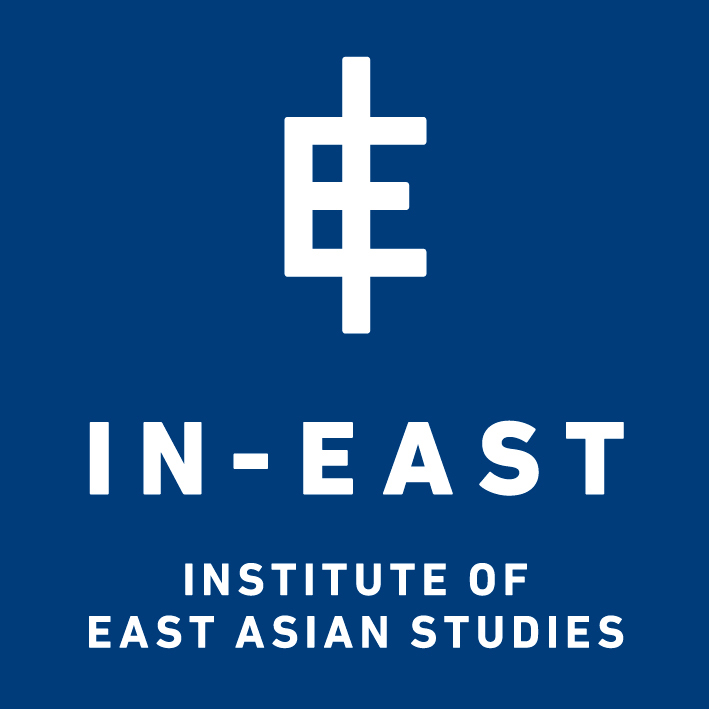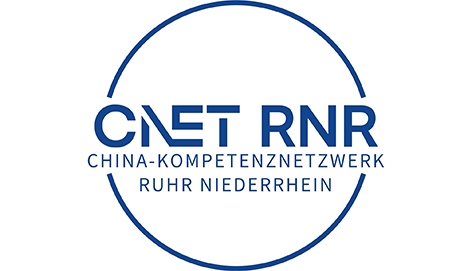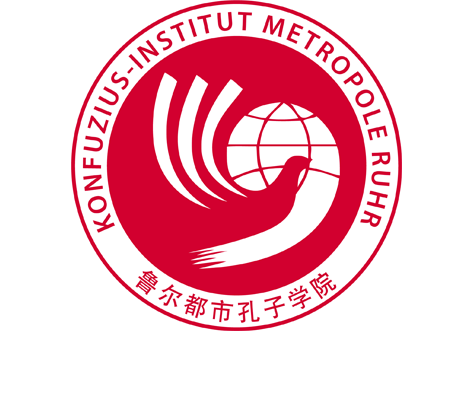IN-EAST News
08.05.2024 - 10:00
Diversifying Immigrant Societies Guest Lecture by Chikako Kashiwazaki
From side doors to skill-level shifts: Japanese labor migration policy and its impact on ethnic diversity | Wed, May 8, 2024, 10 h CEST
Zoom Link: https://uni-due.zoom-x.de/meeting/register/u5Apc-irpjsrEtPNz085Xyuy1J6UujgKH43O
Abstract
The 2018 revision to Japanese immigration control law introduced new residential statuses, “Specified Skilled Worker” Types 1 and 2, and was widely reported as a significant policy change. The scheme certainly seemed novel in that it would apparently open the “front door” for foreign labor, with a prospect for long-term settlement. However, was it really a major departure from the previous Japanese policy toward labor migration? What implications does this new opening have for the acceptance of ethnic diversity in Japan?
To tackle these questions, I revisit the late 1980s to early 1990s when the question of accepting foreign workers was a subject of heated debate in Japan. There were two major events: the revision to the Immigration Control and Refugee Recognition Act, which went into effect in 1990, and the launching of the Technical Intern Training Program in 1993.
My contention is that the 2018 legal change was similar to, and an outgrowth of, the pattern observed three decades earlier. Between 1990 and 1993, “side doors” were enlarged as alternatives to the “front door.” Likewise, in the 2018 law, skill categories were redefined to incorporate a broader set of occupations into what was acceptable as “skilled workers.” I will also discuss potential negative impact of the drive to increase migrant workers on efforts to develop an ethnically inclusive society.
Bio
Chikako KASHIWAZAKI is Professor at the Faculty of Economics, Keio University. She earned a Doctorate in Sociology from Brown University. Her research interests include ethnicity, citizenship, nationalism, and immigration policies. She has published articles and book chapters on the discursive aspects of Japanese immigration policies, social integration policies and programs at the local government level, and citizenship and identity issues concerning zainichi Koreans. She has also collaborated with local governments in conducting surveys and reviewing policy plans concerning foreign residents.
For information on the whole lecture series please refer to:
https://www.uni-due.de/in-east/events/in-east_research_forum











